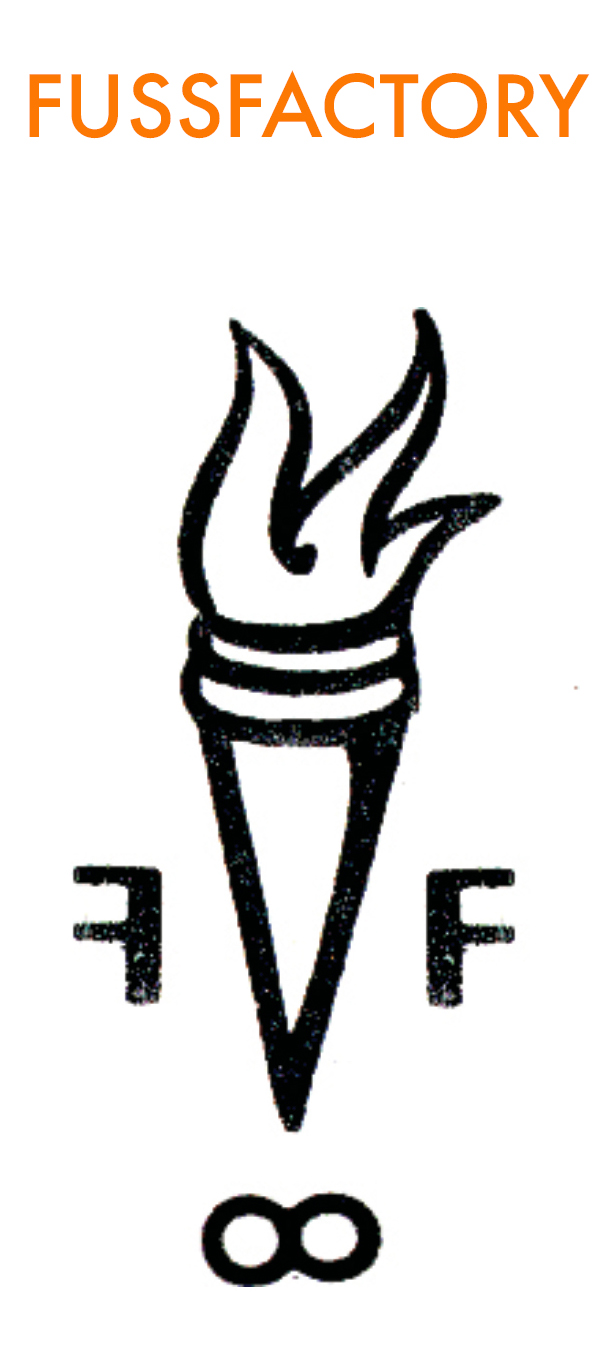#sparkchamber 120417 — Megan Kitt
A joyous and timely #sparkchamber welcome to the multi-talented Megan Kitt. Megan is an international journalist turned entrepreneur whose writing assignments have taken her across the United States, into Asia, and to Africa. Her travels inspired her to found Tuli, a social business that fights poverty by creating sustainable jobs in East Africa. Tuli sells handmade Ugandan and Kenyan jewelry all over the world, both in retail stores and online. For the holidays, Tuli is launching a new collection, releasing a new product every day from December 1 – 12. The campaign is called “12 Days of Impact” and you can read more about it — and maybe find something special for yourself or a loved one? — at the website, or Instagram.
Currently, Megan lives in Honolulu with her husband. There, she not only oversees Tuli’s remote team, but continues to work as a freelance travel writer and journalist, and is pursuing a graduate degree in creative writing.
Megan enjoys travel, reading, and a strong cup of coffee. Keep track of her at her website or Instagram.
1.] Where do ideas come from?
For me, ideas are experiential. I spend as much time as possible traveling, and what I love about that is how it invites my mind to consider new things, and by entertaining these thoughts, I develop new ideas. That said, most of the experiences that prompt ideas in my mind are mundane — an exchange in a coffee shop, a conversation with a friend. Whenever I feel strapped for ideas, I try to get out and interact with people and with the world as much as possible, and that always gets my thoughts flowing.
2.] What is the itch you are scratching?
I’m interested in exploring the universal aspects of being human. What I love about great literature is how it transcends time, culture, and life experience: readers resonate with Raskolnikov, Okonkwo, or Saleem because their respective novels carry with them universal themes about what it means to be alive. This fosters a collective understanding of both what makes people similar, and celebrates what makes them different. My goal in becoming a writer was to foster that sense of connection, and my motivation in starting Tuli was to draw together artisans in East Africa and people in the US, through both the products our artisans make and the stories about their lives. That even informed the company’s name: “Tuli” means “we are” in Luganda, one of the languages spoken in Uganda.
3.] Early bird or night owl, tortoise or hare?
I don’t think I fall into any category because my most productive times vary quite a bit, and whenever I feel inspired or motivated, I try to indulge that feeling as much as my schedule allows. That said, I’m cognizant about working even when I’m not feeling particularly creative. I learned when I held the deadline-intensive position as staff writer for a few different newspapers that sometimes you have to write even if you don’t feel inspiration, and I realized the practicality in flexing your creative muscles often, especially when it hurts. I’m a freelance writer now so my deadlines aren’t as intense, but I still build time to write into my schedule regularly. Sometimes, that means I spend an hour writing something unrelated to any projects I’m working on, and sometimes, what I write is terrible, but often, I surprise myself. Similarly, I build creative time into my schedule for Tuli, whether it’s for designing new pieces, producing photo shoots with our products, or dreaming up ideas for the future. It’d be easy to get caught up in the business aspects of the company or to only take writing assignments that don’t push me in times of creative drought, but I’ve learned that there’s immense value in practicing discipline with creative work.
4.] How do you know when you are done?
I don’t think anyone ever feels completely satisfied with their creative work, and that’s why I rely heavily on my peers and colleagues to determine if I’ve accomplished my goal for whatever I’m creating. I have a group of writers and editors who I’ll run my work past, and hearing their responses to my pieces helps me to determine whether my message is clear. Similarly, for every new collection and photo campaign we launch for Tuli, I ask for extensive, honest reviews from both my team and from my friends in the fashion industry. Ultimately, the act of creation is an attempt to communicate with people, most of whom you’ll never be able to explain your work to, so having a trusted group of peers who can tell you what your work says to them is paramount to ensuring your message is received.


